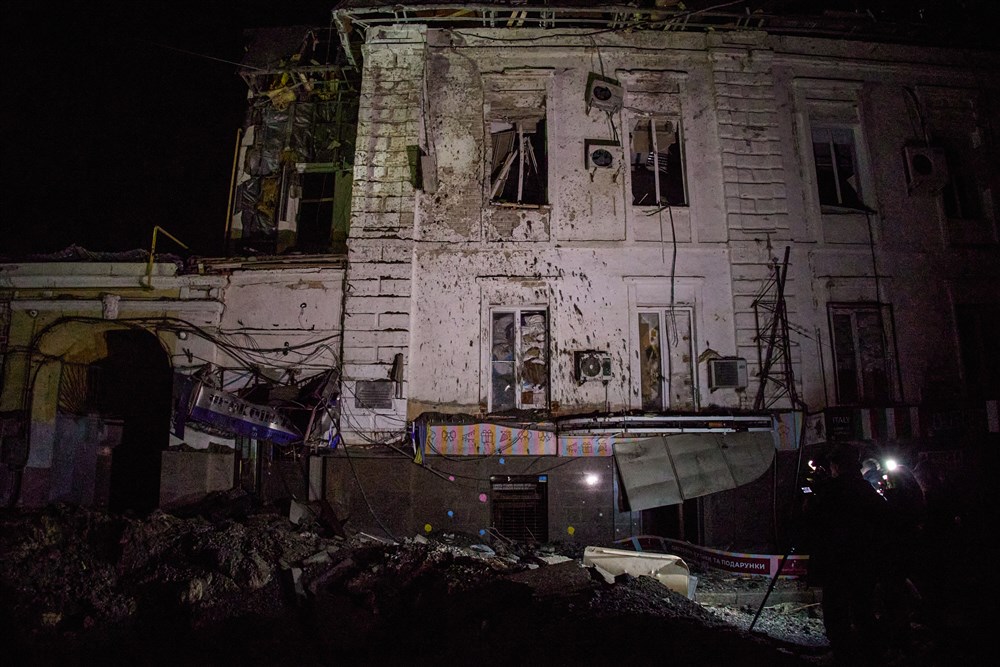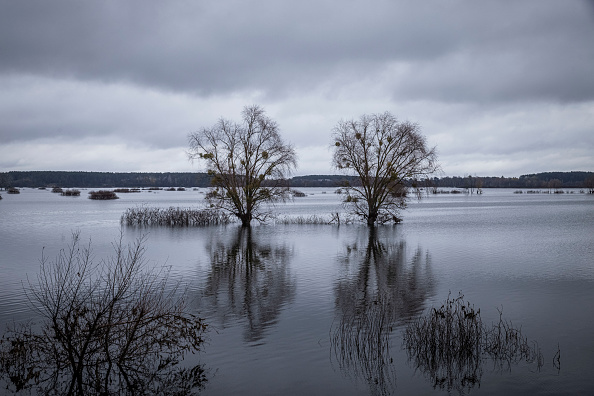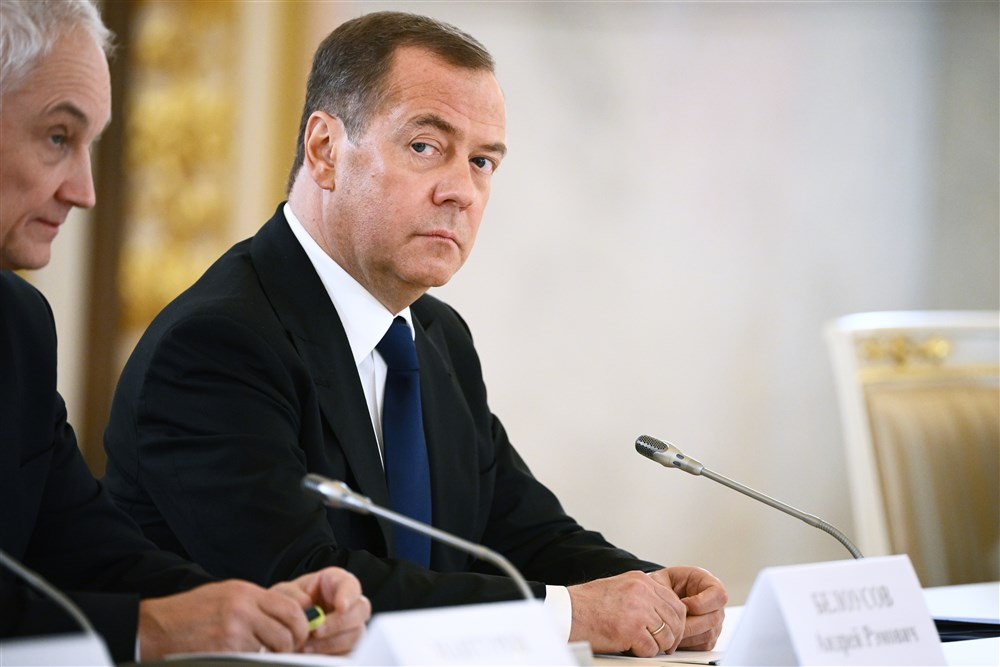As Leopard panzers spearhead what appears to be Kyiv’s long-awaited counteroffensive, expectations of a major Ukrainian victory this year are running high. What was supposed to be a spring campaign has slipped into summer as Ukraine expended precious resources in the Bakhmut meat grinder trying to hold off Wagner’s bands of convicts. Now that the Russian inmates have captured the last ruins of the town and that battle has died down, the time is ripe for Ukraine to take its turn and go on the attack.
What if the enemy turns out to be less of a pushover than is being ardently suggested in many Western quarters? The breach of the Kakhovka dam, and the resulting flooding, is a human tragedy that has further complicated matters.
Aside from the hoped-for (and unspecified) summer victory, President Zelensky also has to consider the worst-case scenario where his painstakingly-assembled strike force (estimated to be 45,000 to 60,000 strong) is shattered against the Russian defences for little or no strategic gain. The only question that will matter at that point is whether he will get another army and ammunition from the West to try again next time.
President Zelensky knows how difficult it has been to obtain these armaments – especially higher-end kit like tanks, long-range missiles and airplanes – from abroad. He sees the gathering political and economic clouds in the West. Most importantly, he understands that once the battle is joined it may be difficult to disengage and limit the damage if things go wrong and the enemy fixes your troops. In war anything can happen.
All these risks have surely been measured against the potential rewards of a successful counteroffensive. At the most optimistic end, some envision a Ukrainian thrust to the Azov Sea cutting the land corridor to Crimea; others believe Crimea itself may be taken by the end of summer. The hope is that, wherever the Ukrainian hammer-blow falls, the effect will be to cause a collapse of the Russian front and a highly embarrassing rout of the enemy forces. Floating such prospects helps to inspire and drum up support at a difficult time.
But Ukraine and many of its friends in Western governments or in the expert community have been warning against excessive optimism. The extent of the Russian defensive “belt”, complete with “dragon’s teeth” and vast minefields, has been publicly documented. And a recent report by RUSI, a think tank, finds that the Russians are learning from mistakes and adapting increasingly well at the tactical level – and becoming more, not less, lethal across a number of force categories.
All this indicates that a repeat performance of the kind of surprise Ukrainian blitzkrieg unleashed last summer on the Kharkov front, against unprepared, second-rate enemy soldiers, is rather unlikely. A knock-out blow to the entire Russian army ensconced in the four occupied oblasts (plus Crimea), is extremely difficult to imagine. At the same time, will Kyiv’s forces ever be in a better material position to take on the enemy?
These questions matter greatly because any discussion on how to end this war must be firmly anchored in military-political reality. One element of that reality is that this is likely to be a very long conflict: a 21st century version of the Thirty Years’ War. Another is that for the Kremlin regime (not just for Vladimir Putin) this has become an existential war: surrender, in their eyes, could mean not just Nurnberg-type trials and economic and political servitude to the West, but perhaps also the disintegration of Russia itself – as sometimes promoted, unchallenged, in Western media. Attacking Ukraine may have been a mistake, but Moscow can’t afford to row back.
A long war is not a possibility but a fact: bar nuclear escalation, this is a generational struggle that will likely outlast all governments and leaders currently in office on all sides. Russia cannot win militarily and impose its terms on Ukraine because of the support Kyiv is receiving – and will likely continue to receive, even if, at worst, in a reduced form – from its Western allies. Ukraine cannot defeat Russia militarily in any meaningful or permanent way because Russia has nuclear weapons.
Even a complete liberation of Ukraine’s internationally-recognised territory would only mean a continued cross-border war, with Russia poised to re-invade at the earliest opportunity. Both sides can stay in the fight indefinitely: Ukraine, with increasingly complex foreign assistance; Russia, primarily through its own means, and with targeted support – whether overt or covert – especially from China, but also Iran.
The priority for President Zelensky is to ensure his country can stay in the fight over the long term. This will influence the extent to which he will risk his new Nato-supplied army in this summer’s campaign, which in turn does little to shorten the war. Peace will have to wait.
Gabriel Elefteriu is deputy director at the Council on Geostrategy in London






Libya’s civil war is the progenitor of Europe’s populist wave – the EU elite must help end it or face the inevitable consequences of yet greater mass migration